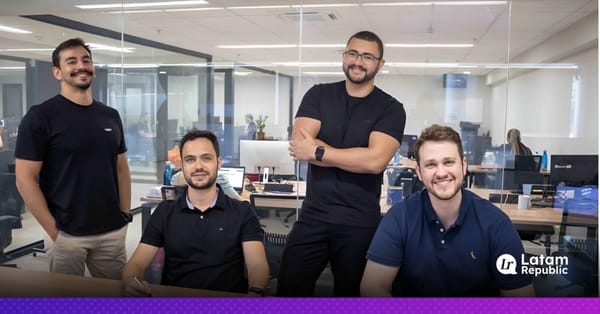Angel investors: keys for early-stage startups
In 2024, angel investors have become increasingly vital to Latin America’s startup ecosystem.

In 2024, angel investors have become increasingly vital to Latin America’s startup ecosystem. As traditional venture capital moves towards later-stage deals and more defined sectors, early-stage founders are turning to angels and investment networks for support.
Venture capital rebounds, but funding becomes more selective
According to the latest report from Endeavor and Glisco Partners, Latin America saw a 26% increase in capital raised compared to 2023, totaling $2.85 billion. While this signals a rebound, it also reflects a shift in VC strategy: 66% of the capital was concentrated in Growth and Late Stage rounds.
Even though 85% of deals in the region still occur at Seed and Series A, the money is increasingly going to fewer startups. Average ticket sizes rose from $5.1 million to $6.6 million, favoring companies with stronger traction, consolidated products, and scalable business models.
In Guatemala, more deals but lower total investment
Zooming in on Guatemala, the landscape presents a different trend. In 2024, the number of startup rounds increased from 40 to 54, yet the total capital invested dropped to $104 million. Rather than indicating a lack of capital, this points to a more cautious approach by investors, raising the bar for funding decisions.
Angel investors fill the early-stage gap

As VC funds focus on scaling proven models, especially in AI and fintech, which together attracted over 60% of all capital, early-stage innovation risks being overlooked. This is where angel investors and investment networks become critical.
While VCs fund what's already working, angels help bold ideas take their first steps. They back founders with vision, solid teams, and the drive to build solutions, even when traction is still minimal and the product-market fit is evolving.
A growing angel ecosystem in Chile
One encouraging sign is the rise of angel networks in Chile, driven in part by programs like Invierte: Redes Ángeles by Corfo. These initiatives are expanding the investor base, reaching new regions and industries, from biotech to energy, and attracting diverse entrepreneur profiles.
The strengthening of the angel ecosystem isn’t just about more capital. It's about redefining what risk and impact mean in Latin America. Early-stage investment often means betting on ideas that challenge the status quo, solve structural problems, or address historically neglected needs, such as education, healthcare access, or housing.
In these early moments, when metrics are scarce but purpose is strong, angel investors make all the difference.




